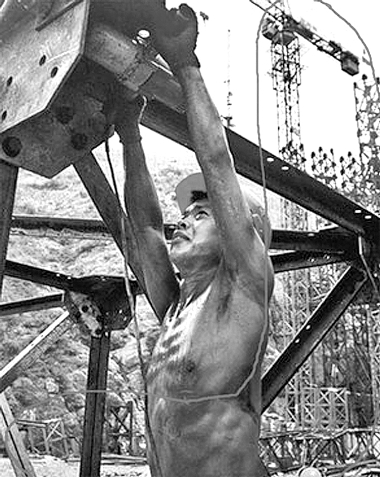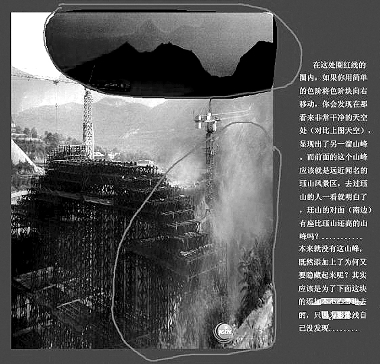

TWENTY-FIVE photographs in a recent national contest were found to have been enhanced by computer technology and, as a result, removed from the list of winners.
The 25 disqualified photographs were categorized as documentary work, which was not allowed to receive computer enhancement. The photos account for almost half of the 52 winning works of their kind, the contest organizing committee disclosed in an online statement Thursday.
The statement also said another two photos shot on film were disqualified because the authors did not submit the original film before the deadline.
"In most cases, the problem of beautifying pictures with computer software appears in contests held for news photographs. But this contest is open to photographers nationwide, regardless of their occupation, and some participants simply do not know about the rule that they should not beautify their work," said Wang Wenlan, vice president of China Photographers Association.
The association's Image China contest started in May 2011. Judges received 21,870 works from 1,368 photographers nationwide by October.
Besides documentary work, the committee also gave prizes to artistic photos and landscape photos. The contest's guidelines did not state that photos in any category could be improved by computer software.
The winning photos were revealed Dec. 23, but Shanxi photographer Bai Suoliang blew the whistle on the results.
On Dec. 29 and Jan. 2, Bai published posts on his blog, accusing two of the first-prize documentary works of being "forged."
On a photo titled "Dream Comes True," for example, a young couple and an old couple pose in front of the Tian'anmen Square rostrum in Beijing. Bai said the sizes of the two couples were out of sync with each other, and the direction of their shadows was wrong.
Bai published more evidence in another post, with a dozen suspicious details about an award-winning series of photos.
On Jan. 3, the contest committee announced that they had noticed Bai's accusations, decided to revise the results and were open to further reports of forged work.
"The participants in this contest might have innocently broken the rule, so removing their prize is enough. But if this happens to press photographers, we should punish them because they should be aware of the rule," Wang said.
This is not the first time that forged photos have appeared in photography contests. In January 2010, the China Photographers Association stripped photographer Sang Yuzhu of his 2009 Golden Statue Award, the highest award for Chinese photographers, after discovering he plagiarized the winning photos.
Xu Lin, a retired senior editor of the People's Daily, said he is happy to learn that more people are paying attention to the problem.
"Fake photos won't come to an end in one blow, so we need a long-term fight against it, and we need more people on our side," Xu said. (SD-Agencies)
|

